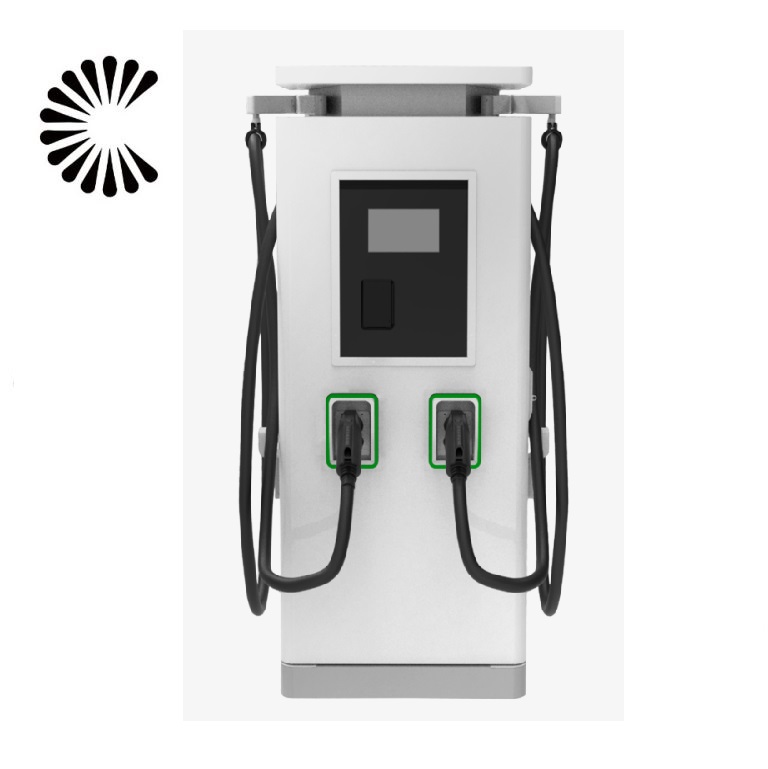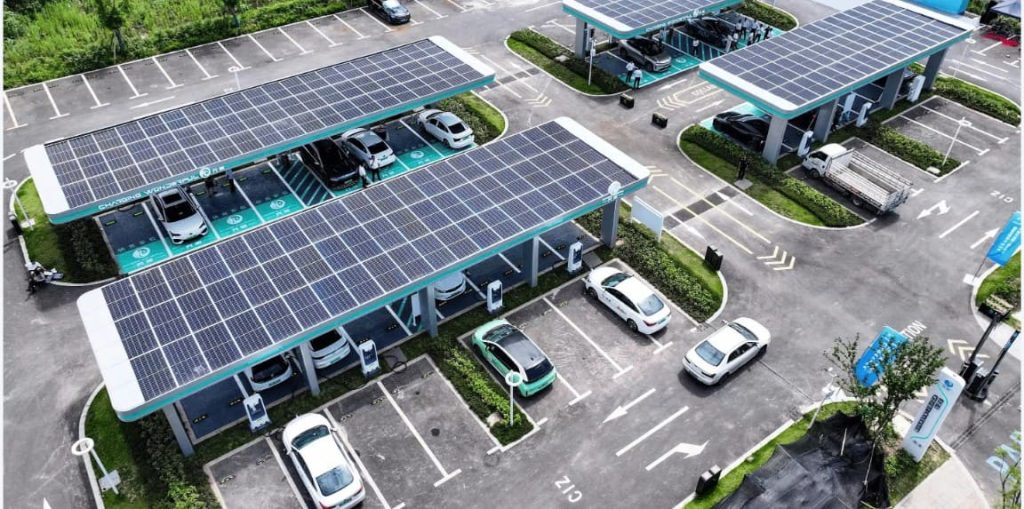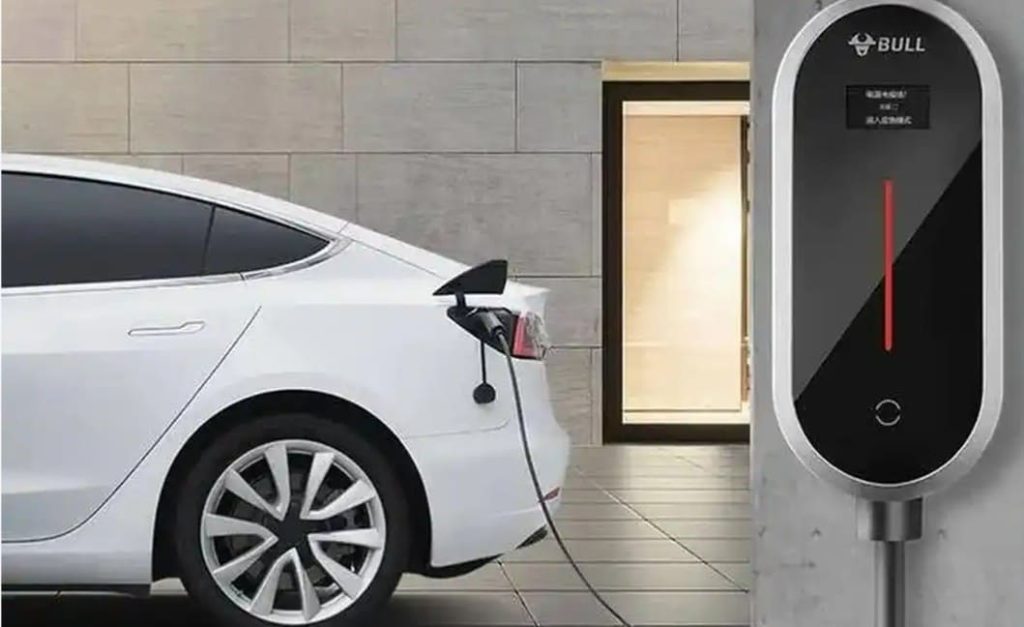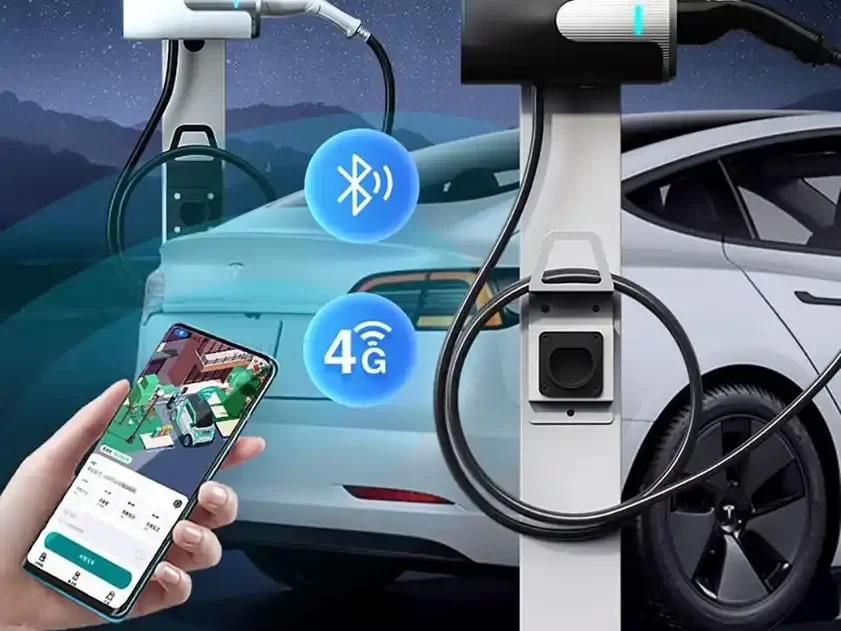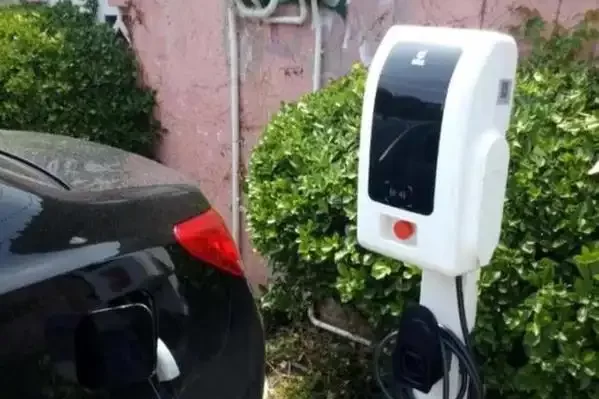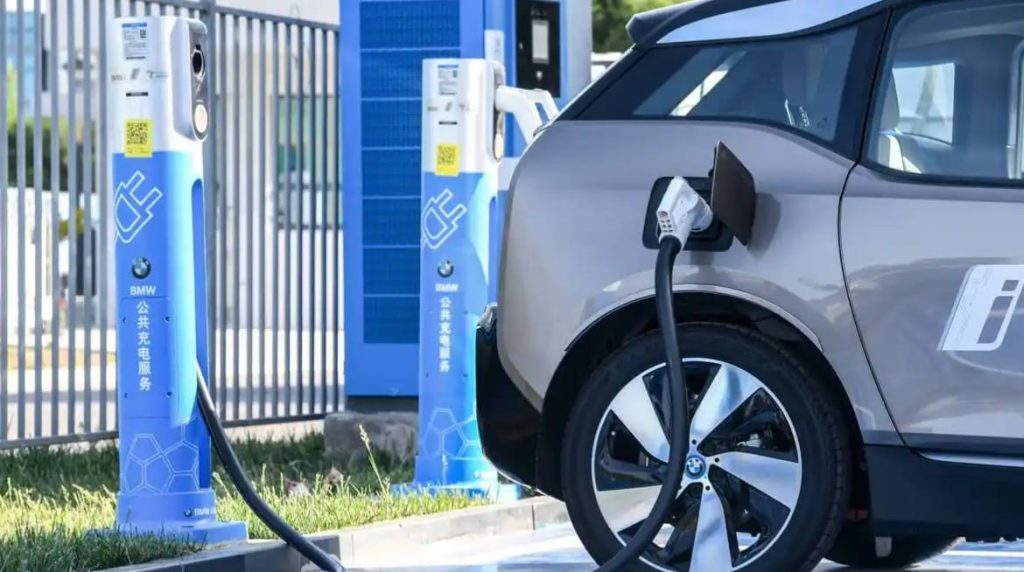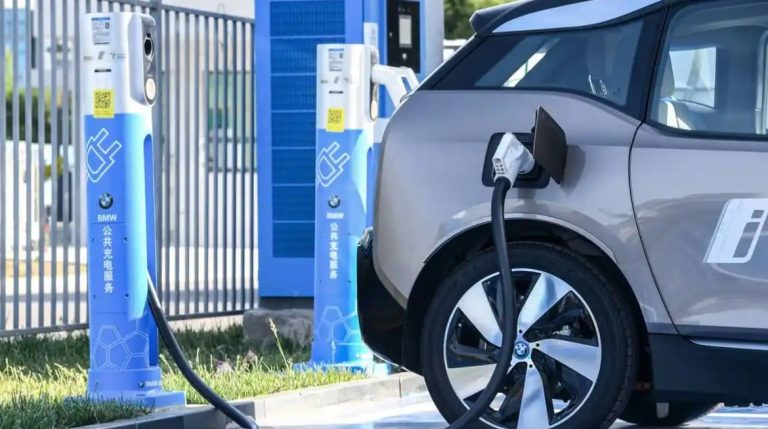Charging Station Business
The Charging Station Business is a venture that caters to the growing demand for electric vehicle (EV) charging infrastructure. As the world moves towards a more sustainable future, the adoption of electric vehicles is increasing, creating a need for reliable and accessible charging solutions. This business involves setting up charging stations in strategic locations to provide EV owners with a convenient and efficient means to charge their vehicles.

The primary objective of a charging station business is to establish a network of charging points that offer various charging speeds and compatibility with different EV models. These charging stations can be located in public areas such as parking lots, shopping centers, highways, or even residential communities. The choice of location is crucial, as it determines the accessibility and convenience for EV owners.
To operate a successful charging station business, it is essential to invest in state-of-the-art charging equipment that supports fast and reliable charging. The charging infrastructure should be capable of accommodating different charging standards, including Level 2 AC chargers and DC fast chargers. Moreover, integrating smart charging technology can provide added benefits such as remote monitoring, payment systems, and data analytics.
One crucial aspect of the charging station business is the development of partnerships with relevant stakeholders. Collaborating with local governments, businesses, and electric utility companies can help secure favorable locations, obtain permits, and access financial incentives. Additionally, forming alliances with EV manufacturers or fleet operators can bring in a steady stream of customers and enhance the reputation of the charging station brand.

To make the charging station business financially viable, revenue streams can be generated through various means. One common approach is to charge a fee for the electricity consumed by the EV owners during the charging process. This can be implemented through subscription-based models, pay-per-use systems, or a combination of both. Additionally, offering value-added services like parking, Wi-Fi connectivity, or electric vehicle supply equipment (EVSE) sales can diversify the revenue sources.
Creating a user-friendly and intuitive mobile application or website can help EV owners locate and access charging stations easily. The app can provide real-time information on the availability of charging points, charging speeds, and pricing, enabling customers to plan their trips efficiently. Moreover, integrating payment systems into the app simplifies the billing process and enhances the overall user experience.
As the demand for electric vehicles continues to rise, the charging station business presents an excellent opportunity for growth and profitability. However, it is important to stay updated with the evolving technology and industry standards. Adapting to advancements in charging infrastructure, such as higher power outputs and wireless charging, can keep the business competitive and cater to the changing needs of EV owners.

In conclusion, the charging station business plays a vital role in supporting the transition to electric vehicles by providing a robust and convenient charging infrastructure. By focusing on strategic locations, advanced technology, and strong partnerships, this business can contribute to a greener and more sustainable future while generating significant revenue opportunities.



